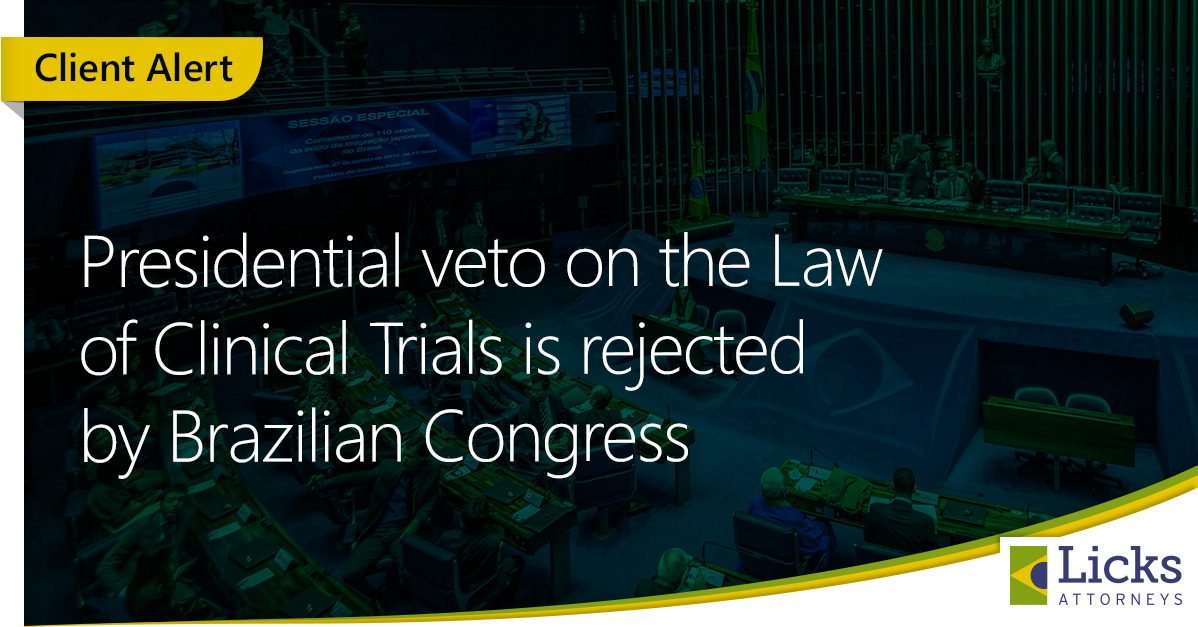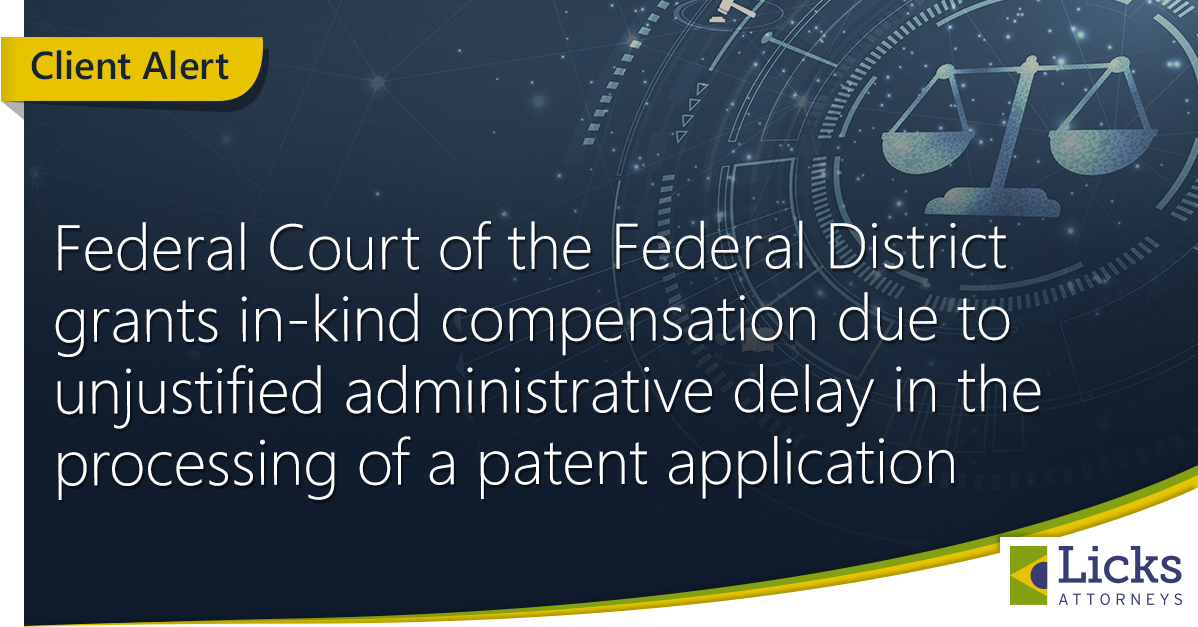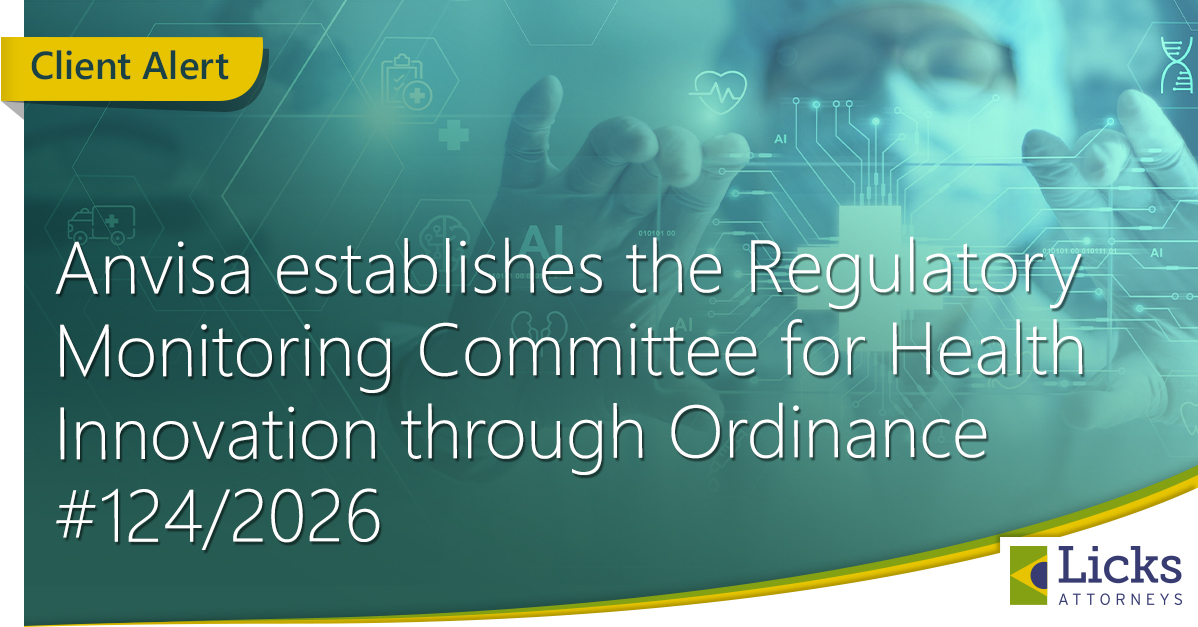Presidential veto on the Law of Clinical Trials is rejected by Brazilian Congress

One of Law #14,874/2024’s provisions that drew considerable attention was Article 33, concerning the sponsor's obligation to provide the experimental product free of charge to the participant once the trial was over. Before Law #14,874/2024, sponsors were automatically required to provide the experimental product indefinitely as long as the participant needed it, regardless of whether the product was available in the market or supplied for free by the Brazilian Public Healthcare System (SUS). Law #14,874/2024 changed this framework by (i) eliminating the automatic and indefinite obligation (sponsors may now justify waivers or specify deadline, both subject to ethical review board approval) and (ii) listing circumstances for automatic termination (e.g., if SUS supplies the product).
Article 33 Section VI included a provision for automatic discontinuation once the product has been available in the Brazilian market for five years. President Luiz Inácio Lula da Silva vetoed this provision, arguing that a fixed deadline would violate participants’ rights. However, on June 17, 2025, 9 months after Law #14,874/2024 took effect, Congress overrode the presidential veto on Article 33 Section VI.
This overthrow of the veto was well-received by the pharmaceutical and related industries in Brazil. The prior requirement, an indefinite post-trial obligation with no automatic deadline based on the product’s market availability, unique to the Brazilian system, acted as a deterrent to investors due to its substantial cost impact and operational and regulatory complexities. With this change, the Brazilian market is expected to become more attractive for conducting clinical trials.
Formally, the next step is the promulgation of the previously vetoed provision, which is anticipated to take place within the coming days, in accordance with Article 66, Paragraph 7 of the Brazilian Constitution. Furthermore, this specific portion of the legal text will take effect 90 days after its official publication, as stipulated by Article 65 of Law #14,874/2024.
Once the new provision is in force, ethical review boards may question its applicability to trials that were approved and started while the veto existed. This issue is likely to generate judicial disputes in the coming years.
For more information, please contact us at info@lickslegal.com.
Recent Alert
-

Federal Court of the Federal District grants in-kind compensation due to unjustified administrative delay in the processing of a patent application
February 19, 2026 -

Anvisa establishes the Regulatory Monitoring Committee for Health Innovation through Ordinance #124/2026
February 19, 2026 -

Anvisa approves new cannabis regulatory framework in Brazil
February 06, 2026
